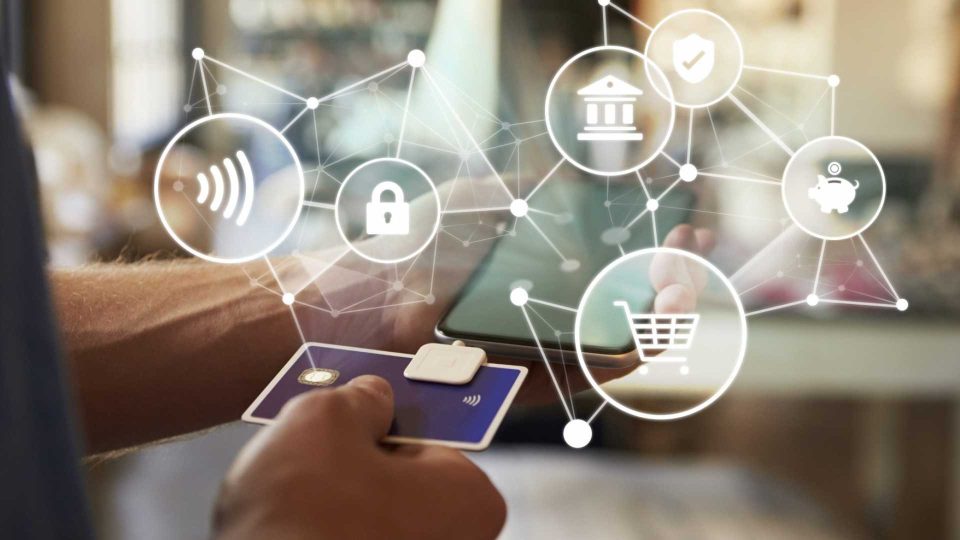Beacons are used by a variety of organizations, including retailers, museums, stadiums, airports, and hotels, among others. In the retail industry, beacons are particularly popular because they can help retailers improve the customer experience and drive sales.
Retailers can use beacons to send targeted messages and promotions to customers who have downloaded the retailer’s app and have given permission for the app to access their location. This allows retailers to send personalized offers and information to customers based on their location and behavior, which can increase engagement and drive sales.
For example, a retailer could use beacons to send a discount code for a particular product to a customer who has just entered the store, or to provide information about a product that the customer has been browsing online. Beacons can also be used to track customer behavior and preferences, which can help retailers better understand their customers and tailor their offerings to their needs.
Museums, stadiums, airports, and hotels also use beacons to enhance the customer experience. For example, a museum could use beacons to provide additional information about exhibits, or a stadium could use beacons to provide real-time updates about game scores and promotions. In airports and hotels, beacons can be used to provide directions, information about services, and personalized offers and promotions to customers.
Overall, beacons are a versatile technology that can be used in a variety of settings to improve the customer experience and drive engagement and sales.
The concept of beacons has been around for several decades, but it was not until the development of Bluetooth Low Energy (BLE) technology that beacons became a practical and widely used solution.
The first commercially available beacon was the iBeacon, which was introduced by Apple in 2013. The iBeacon is a small wireless device that uses BLE technology to transmit signals to nearby mobile devices. It can be used to send targeted messages and promotions to customers who have downloaded the retailer’s app and have given permission for the app to access their location.
Shortly after the release of the iBeacon, other companies started to develop their own beacon technologies, including Google’s Eddystone, which was released in 2015. Eddystone is an open-source beacon format that is compatible with both Android and iOS devices.
Since then, beacons have become increasingly popular in a variety of industries, including retail, museums, stadiums, airports, and hotels. They are used to improve the customer experience, increase engagement, and drive sales.
Beacons have also been used for other purposes, such as location tracking and asset management. For example, companies use beacons to track the location of equipment or assets in a warehouse or factory.
Overall, beacons have become an important tool for businesses looking to improve the customer experience and leverage new technologies to drive engagement and sales. As technology continues to evolve, we can expect to see even more exciting developments in the field of beacons and location-based marketing.
Many retailers in Europe use beacons to improve the customer experience, increase engagement, and drive sales. Some examples include:
- H&M: The popular fashion retailer uses beacons in some of its stores to provide customers with personalized offers, discounts, and recommendations based on their location and behavior.
- Topshop: The UK-based fashion retailer uses beacons in some of its stores to provide customers with personalized offers and recommendations, as well as to gather data on customer behavior and preferences.
- House of Fraser: The department store chain uses beacons in some of its stores to send customers targeted messages and promotions based on their location and behavior.
- John Lewis: The British department store chain uses beacons in some of its stores to provide customers with personalized offers and recommendations based on their browsing and purchase history.
- Galeries Lafayette: The French department store chain uses beacons in some of its stores to provide customers with personalized offers, recommendations, and information about products and services.



